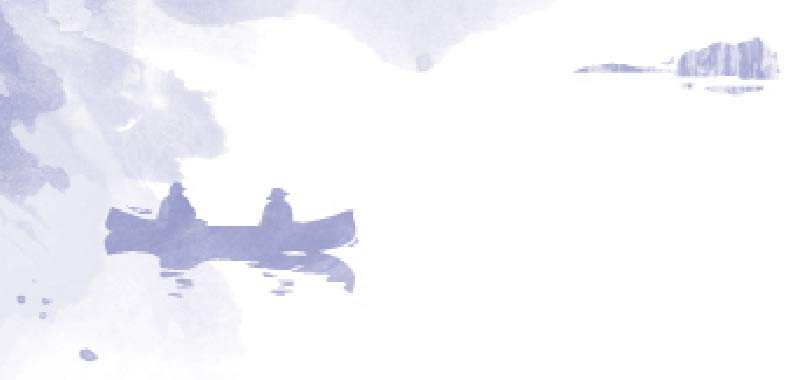
“On my early trips it used to take several days for the wilderness to “sink in”; now I find myself immersed almost immediately. I think it is because it is now a comfortable place for me.
In my memories I can’t capture this feeling, contentment, and peace of mind. I can’t even describe it. Those who paddle often can understand this.
In the midst of this and without even consciously thinking about it, my mind clears and problems of the “real” world disappear. Before the trip I may have been in the middle of making important decisions about life or work. Without even thinking about it during a canoe trip, I often find everything sorted out at the end. What was complicated or uncertain is suddenly miraculously clear! I’ve made life changing decisions without even knowing it!”
– John Case

“My boundary waters experiences never really end. They continue to live on in the sense of meanings and memories alive in mind and heart, in body and spirit. Personal character strengthens. Convictions deepen. Appreciation of the natural world heightens. And the enduring reality of the ongoing cycle of life and death and renewal creates a satisfying array of peaceful feelings of acceptance and contentment.”
– Larry Christianson
“I paddle because, after 35 years of canoe travel, this is what I know best and it feels right. Travel on the water makes me feel more complete, somehow whole. Paddling is a meditation in motion.
I return to the wilderness to distill the elements of my life down to some essential set for a month or more each summer. The here and now of wilderness travel gives me a chance to leave the stresses of home life behind, if only for a month. The forced simplicity of travel in the wilderness strips away the mental clutter I carry. I gain clarity and perspective on my life from the seat of a canoe.”
– Jim Gallagher
“Wilderness removes so many outside stressors and distractions that it frees your mind to wander and discover. When your role in the world is reduced to ‘paddle the canoe, portage the gear, set up the camp,’ you let go of so much of the mental noise that we exist with every day. When you’re not worried about your ‘to-do’ list or aimlessly refreshing your Facebook feed, you have so much more time for your brain to ‘do its best work’.
I think the effect of wilderness on the brain must be similar to why people get a runner’s high, or why writers often get their best ideas in the shower.”
– Ada Igoe
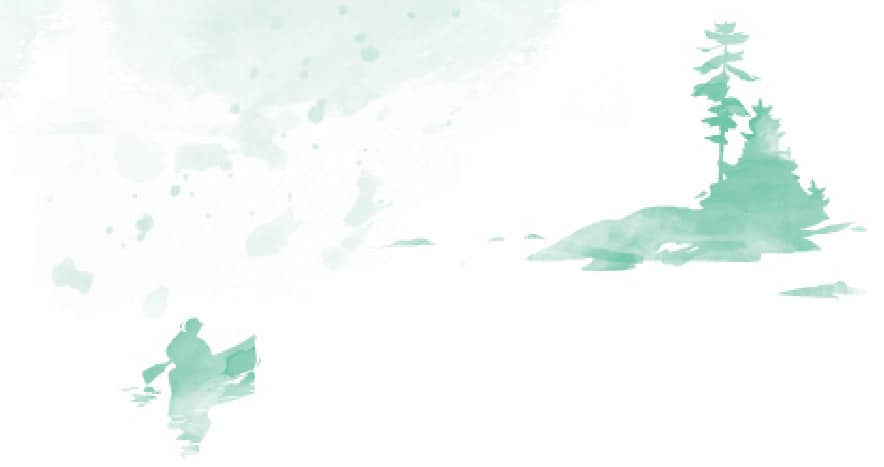
“The BWCA has for the past 57 years always been my natural ‘shrink’. It is the place that dissolves all stress. It is the place where I can be a bit physical and feel good doing it. It is the place where I can unburden my life with just the basic chores of life: food, shelter and clothing. It is a great way to unwind, slow down the pace and pick up the raw feeling of being away from it all. Living outdoors on the land takes one back to the simplicity and at times difficulty, of how humans lived for centuries. It opens my eyes to how far civilization, as we know it today, has changed. How ‘modern’ times are so different. It shows me the disconnect we are often having with our past—and our present which is constantly evolving. I find that one needs to do a mental reset to regain the proper aspects of how one should live their life, and become more aware of how present life can be a threat to future environments, and the ability for the earth and its creatures to survive. Call it back to nature, but it is also back to resetting your values.”
– Bob O’Hara
“I return to the wilderness each summer for a re-set. A time to clear my mind and my habits away from screens and my workplace and even my friends and family… the routines of my whole world in general. Time spent in the wilderness is a different kind of ‘trip’. It’s one in which you carry the food that will give you the energy to be creative… it’s a trip that is spent problem solving… And it’s a trip that is spent in practicing my crafts.
It’s difficult to put words to the impact of this routine… the memories of peaceful, though hard-worked, days create a space in your mind to which you can retreat. But the further and fainter those memories, the more difficult that journey in your mind.”
– Emilie Hitch
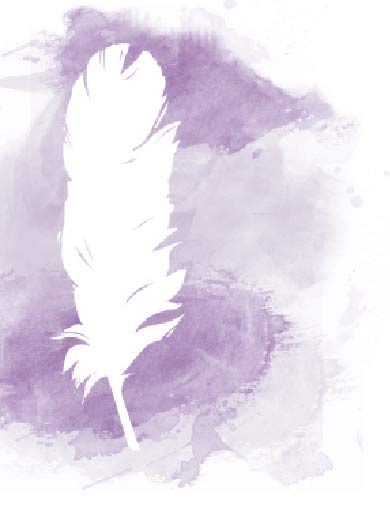
I often seek out wilderness activities to aid my thinking. Paddling is an excellent way to free your mind so that it is able to mull over ideas without societal interference. This aids creative solutions and improved imagination… in general wilderness travel clears my mind, fosters focus and solutions, and improves my mental health.”
– Brian Johnson
“Escaping to the wilderness has definite impacts on my mental health. It allows me to refresh and escape from the everyday norms and think about what I truly value.
I find this to be especially true of solo travel. I try to complete at least one solo trip each year as a way to refresh and reflect.
When in the wilderness life moves slower, we are no longer surrounded by screens and constant stimulus. This forces us to live in the moment, observe our surroundings and focus on our basic needs.”
– Adam Maxwell
“Why I paddle—Paddling my canoe is not easy, it is challenging, and portages get harder each year. Why do I push my limits to extreme, and abandon my normal comfort levels to sleeping on a rock ledge in the middle of nowhere. The answer is not in the mind.
Buried deep in my muscle memory, behind layers of memory, is a 10,000 year old continuous thread of survival and instinct. Body memory. This feeling gets re-activated when I hold this ancient shape of a paddle, transverse unknown lakes and paths, the mystery of wilderness, carrying my chance of survival in my pack. Trusting the guy at the back of the canoe that we can find a place to camp for the night.
I enjoy my comrades around the bonfires, the sighting of animals, the end of a tough day paddling into the wind. Ahhhh…in the elements. But the real satisfaction comes when my body sighs, aches, the stars come out, I fall into the deepest sleep in a year, and my unconscious rumbles with a long chain of memories and what it takes to be human.”
– Mark Odegard
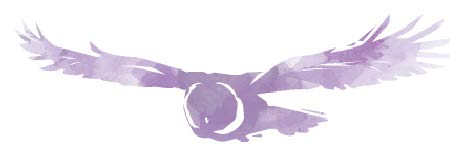
– Erik Packard
“I crave the feeling of remoteness from other people that wilderness gives me. It forces me to slow down. I have to focus on discreet physical tasks. It centers me and relieves stress. Wilderness rewards a calm and deliberate approach to living.
Buildings, houses, rooms, walls all serve to constrain thought and imagination. Examine the lives of many great thinkers and a common pattern is walking. For some, the walk occurred along city streets, but for many it was a stroll through woods or a park. Imagine the genius unleashed by wilderness! Natural beauty does wonders for creativity and imagination.”
– Bear Paulsen
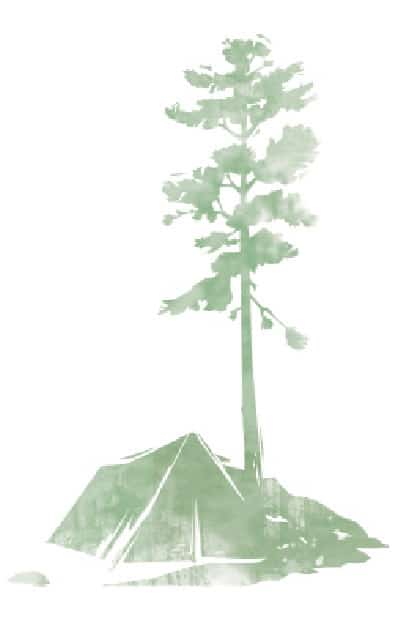
Paddling is a therapeutic activity and the farther I get away from civilization, the better I feel.
Being in the wilderness allows me time to reflect on my life and prioritize what is important to me—I like to think of it as a yearly mental check-up. When I return back to my daily life I am refreshed and energized to focus on the things that mean the most to me, and feel confident in my decisions.
I find that after spending time in the woods, I come back humbly appreciating everything that I have in my life.”
– Jake Ritchie
“Just the name of Wilderness added to any place leads us to believe it is in the frontier, a place without signs or roads, but a place where wild things live, and we can be part of it with our imaginations.”
– James Varcho
“After a bit of time being awestruck and gobsmacked by the beauty and sounds and smells, my brain seems to reignite. It isn’t worried about work or about some public affairs issue that I’m struggling with. It isn’t worried about the bills stacking up, the paycheck, the utility bill, whether there is cell phone reception.
What happens is that the deeper questions that I have start to unravel themselves and answers start to flow. Mixed in with that, often, are pictures in my brain of how to problem solve on home building/art projects, things I’m designing in my brain.”
– Stephanie Weiss
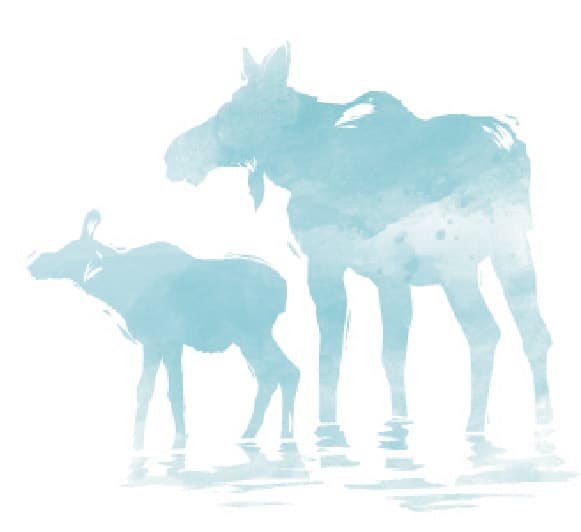
Quetico Superior Wilderness News thanks the many paddlers who shared their eloquent and thoughtful responses to our question—why do we return to wilderness?
Originally published in Wilderness News Fall Winter 2015

